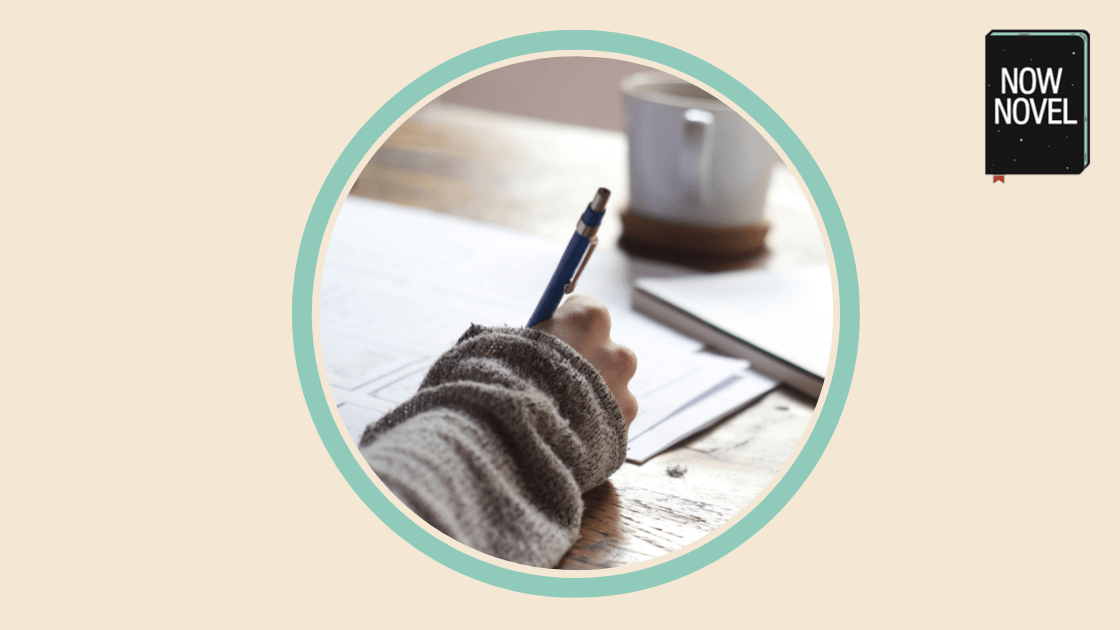One of the wonderful things about writing is that we are surrounded by teachers. The books you read can teach you something (good or bad) about the art of writing.


One of the wonderful things about writing is that we are surrounded by teachers. The books you read can teach you something (good or bad) about the art of writing.

Studying for an MFA in fiction writing can be expensive. Even though not everyone can afford to study creative writing at university, you can create your own budget MFA in creative writing.

First analysed by the Greek writer Aristotle more than 2,000 years ago, the three act structure still has relevance for writers today.
One of the difficult aspects of finishing a novel is that the project can seem so overwhelming you may not know where to begin. However, using the tips below, you can break your novel down into tasks that are manageable.
Though written as a YA novel, The Hunger Games by Suzanne Collins was a big hit with readers of all ages. One key to its success was its use of suspense, and we can examine it to learn how to write suspense ourselves.

Mood has a great deal to do with the success of a piece of fiction because it is related to how the story makes the reader feel. A writer aiming for a melancholy or surreal mood in fiction could study the novels of Japanese writer Haruki Murakami for tips on how to achieve those moods.

There are nearly as many ways to approach writing a novel as there are writers, but many swear by an approach known as the snowflake method.

‘Chekhov’s Gun’ is a concept that describes how every element of a story should contribute to the whole. It comes from Anton Chekhov’s famous book writing advice: ‘If you say in the first chapter that there is a rifle hanging on the wall, in the second or third chapter it absolutely must go off. If it’s not going to be fired, it shouldn’t be hanging there.’
It’s an often given writer’s tip, but few tips for writers cause as much confusion as the caution to avoid passive voice. Understanding what passive voice is and why it should be avoided can clear up this confusion.